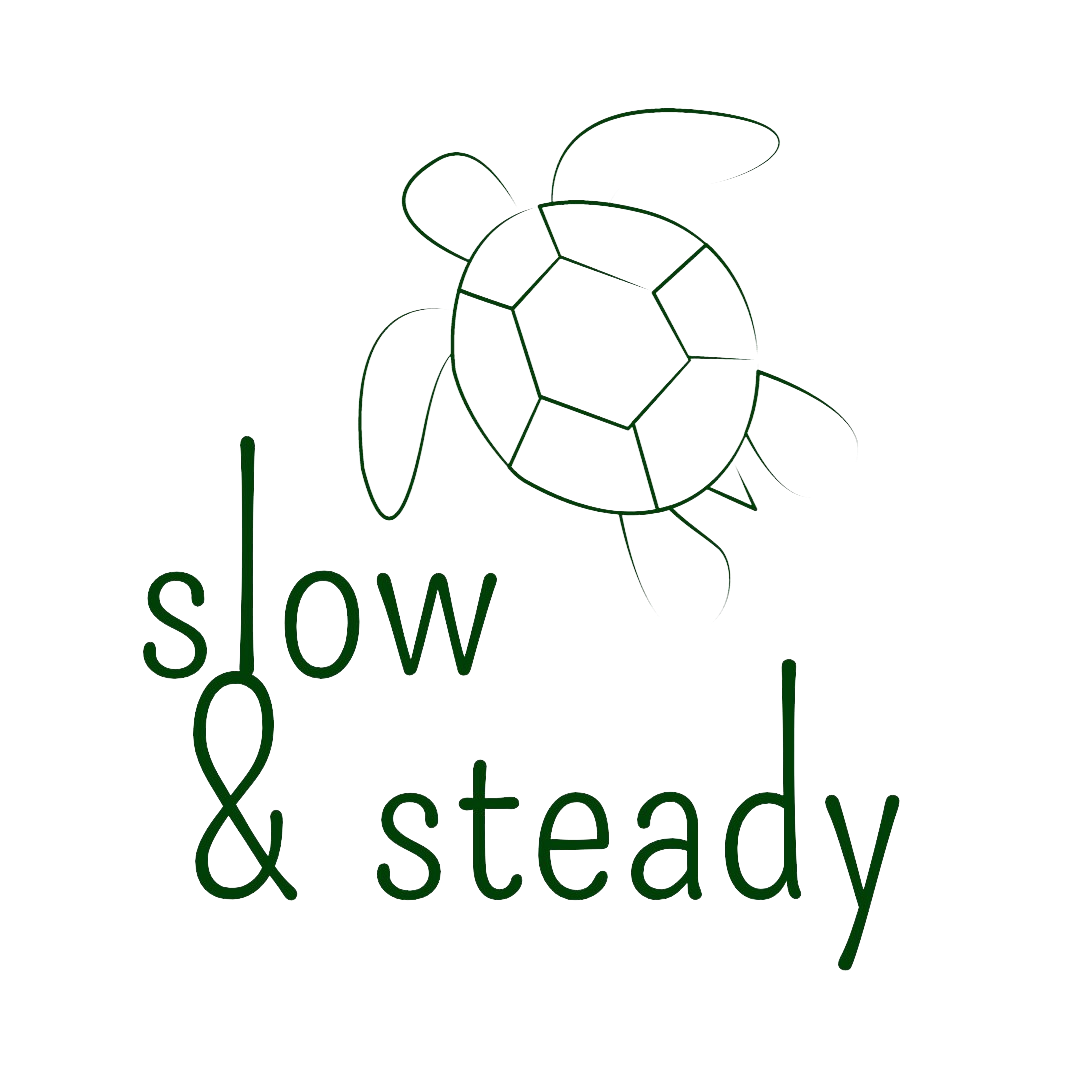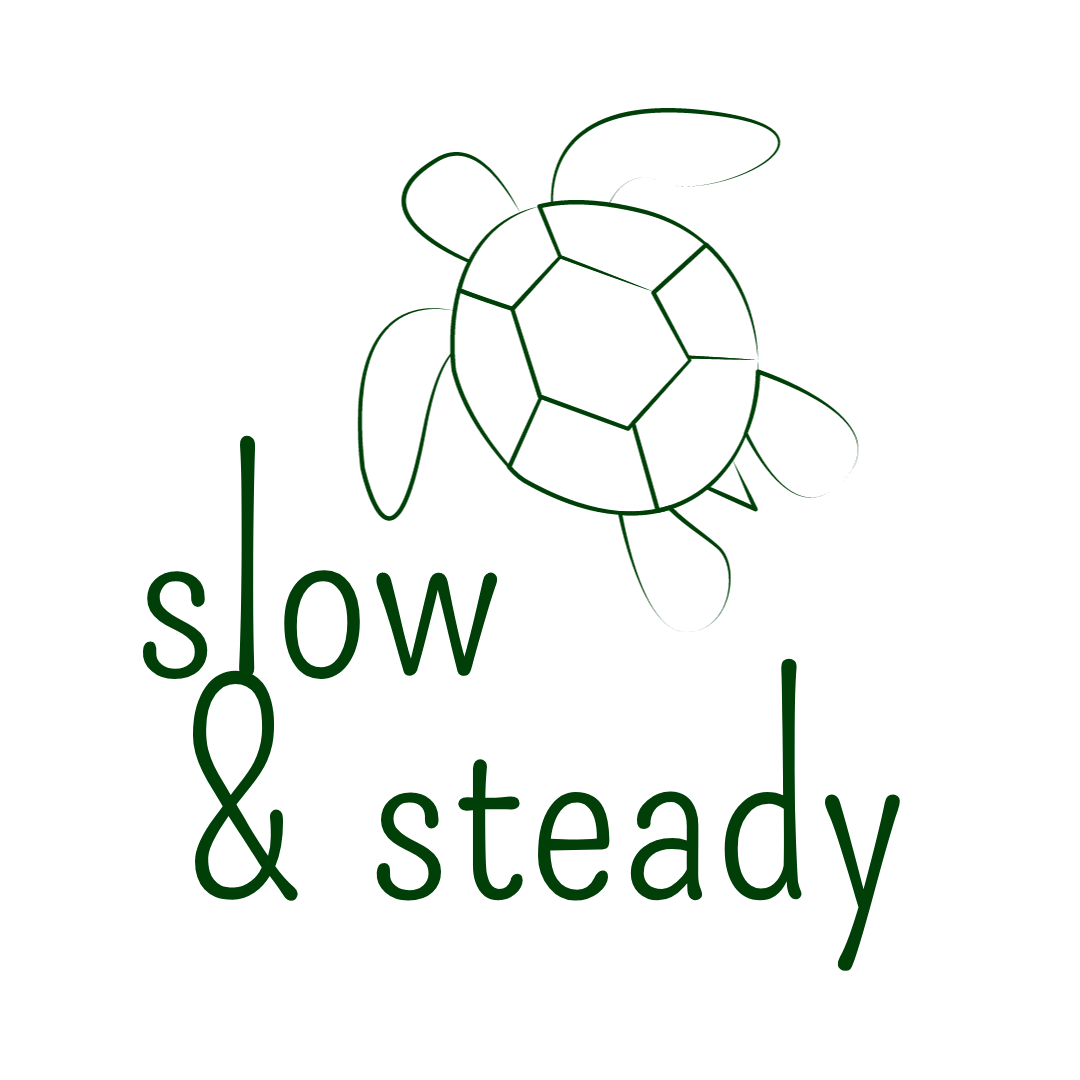Why Do People Defend the Status Quo, Even When It Hurts Them?
And 3 overlooked tips to help you initiate change
What do Copernicus, Wozniak and Martin Luther King have in common?
They all felt fear and resistance challenging the status quo, but did it anyway:
Copernicus refused to publish his original discovery that the earth revolves around the sun. Fearing rejection and ridicule, he stayed silent for twenty-two(!) years.
Wozniak (one of Apple’s founders) didn’t want to quit his job at Hewlett-Packard despite a $250,000 offer from an angel investor to bankroll Apple.
Martin Luther King felt scared about leading the civil rights movement. His dream was to be a pastor and a college president. In the face of sharing a speech, he said he ‘’became possessed by fear’’.
See? Not all worriers are warriors, but all warriors are worriers. They feel the fear and do it anyway.
Changing the default feels hard. We’re afraid of being the odd one out, so many of us tend to avoid it at all costs.
What about you? Do you opt for the temporary feeling of safety by staying silent, only to regret not speaking up later? Or do you choose the option that’s uncomfortable in the present but has the potential to pay off and change things for the better?
If you choose the latter — know that it’s actually not that hard.
To challenge the status quo, you don’t have to change the constitution, start a million-dollar company, or make the biggest scientific discovery of the 21st century.
Challenging the status quo is way simpler than that.
Why do people defend things that hurt them?
Justifying the status quo is easy and soothing.
People go above and beyond to defend it, even when it’s clear as day that it’s hurting them more than serving them. Those who suffer from a given state of affairs the most are paradoxically the least likely to question, challenge, or change the status quo.
This phenomenon is called system justification motivation:
“System justification motivation is the tendency to defend, bolster and justify aspects of the societal status quo, often at a nonconscious level of awareness”
— Dr. John Jost
How is this reflected in society? Take people’s takes on economic inequality: people in the lowest income bracket are 17% more likely to view economic inequality as necessary than people in the highest income bracket.
People are motivated to rationalize the status quo as legitimate — even if it goes directly against their interests. Makes absolutely no sense, you’d think. But it does — from an evolutionary point of view.
Why? Because we want to feel good about who we are, the values we have, and the people we spend time with. From a survival perspective, we’re wired to reduce uncertainty so that we can hold on to feelings of security and belonging.
But in reality, the status quo is like an emotional painkiller that only brings you temporary relief.
In the present moment, accepting the status quo for what it is saves you energy. You don’t even have to bother thinking about the problems in your life and how to address them. But holding up the status quo wears you down in the long term.
If you’re in recurring yet unnecessary meetings that take 2 hours of your week, that’s 8 hours per month, and 96 hours of your precious time wasted only because you didn’t speak up.
It’s understandable why you’d feel this way. You’ve done this for over years now. The other 10 participants have never signaled that they feel the same way.
It’s been like this for so long, so maybe this is just how things are supposed to be. Maybe you’re just the odd one out. Maybe it turns out that you’re totally off about this…
Stop there.
It’s not about whether you’re right or wrong. It’s about how many times you’ve sensed that things should be different. That’s the nr. 1 indicator that you need to challenge the status quo.
3 Ways to Get Better at Challenging the Status Quo
1. Follow your curiosity
The starting point to change is curiosity: wondering why the default exists in the first place.
Curiosity is like a moral compass that guides us to do things differently.
Why did people make it to the moon in 1969? Not because they wanted to become billionaires. No, they risked their lives for it. But their curiosity was stronger than their fear.
If curiosity isn’t guiding you, then your fears are.
Challenging the status quo starts with leaving other people’s views for what it is. Ask yourself:
What drains me?
What bothers me?
What’s the last time I did this in a new way?
The last question is the most important one.
Challenging the status quo isn’t always about reinventing the wheel.
It’s about doing something familiar in a new way.
There’s even a term for this: vujà dé. Indeed, it’s the opposite of dèjá vu.
In a moment of vujà dé, we face something familiar, but we see it with a fresh perspective that enables us to gain new insights into old problems.
What’s the last time had a vujà dé moment?
2. Accept resistance
The inevitable (and hardest) part of challenging the status quo? Having to deal with people who simply don’t want things to change.
I’ll be honest. For the longest time, I didn’t challenge the status quo.
Until one day, I did.
Mind you, this was a courageous act for me. I was told over and over again to ‘’speak up more’’, but couldn’t get myself to do it.
A thought popped up.
What if I express my doubt… and it actually inspires someone else to challenge the status quo?
So I gathered my courage and asked whether this 90-minute meeting with 20 people was worth my time. I was skeptical of it. I don’t think these kinds of meetings work: there are too many people, the agenda is too general, and the meeting gets too long.
In the end, I still had to go. But simply questioning was a win to me.
It can feel embarrassing when people disagree with you, but you don’t lose anything by initiating change. So what if people question you for questioning things? Remember that your critical questions can plant some new seeds to stop people from hiding under the shadows of comfort.
3. Know the value of iterations
‘‘It takes 10,000 hours to master a skill’’ is a widely held view.
But there’s more to it.
Naval Ravikant said:
It isn’t 10,000 hours that creates outliers, it’s 10,000 iterations.
Yes, it takes hard work, focus and diligence to learn a new skill…
… but also countless iterations. You have to question yourself the whole time. You don’t know what works best until you’ve eliminated what hasn’t worked first.
You can’t start something blindly, spend 10,000 hours on it, and then magically expect to be a master at it.
What will make me a better writer: writing 100 articles with different hooks and call-to-actions, or 100 articles written in the same structure?
Avoid wasting too many precious hours just because you didn’t bother to question if you were doing the right thing.
Progress accelerates when you reduce the interval between iterations, not when you maximize the time doing each one. Or, see it this way: every hour you walk in the wrong direction adds one more to your ETA.
It’s all about that vujà dé: dealing with a similar problem in a new light.
Start simple
The status quo is the default for a reason.
Change is uncomfortable. Familiarity bias has us prefer familiar options over unfamiliar ones even when the unfamiliar option is better.
Change only becomes the more desirable option when the pain of not changing is more uncomfortable than the pain of changing.
Don’t know where to start? Ask yourself:
What’s 1 thing in your life that’s currently taking too much time or energy?
I bet you can come up with more than 1 area for improvement. Life is never going to be perfect, and all sorts of problems will continue to exist — but that doesn’t mean you can’t make attempts to make it a little more pleasant for yourself (and in turn, for people in a similar situation like you).
Start with just 1 thing.
You don’t always have to break the rules. But you should at least always be able to question them.


